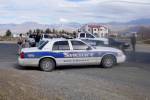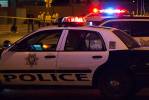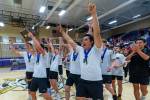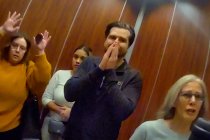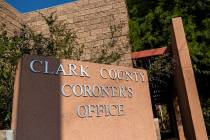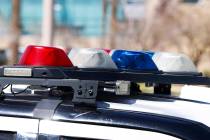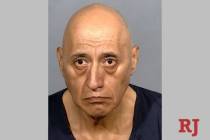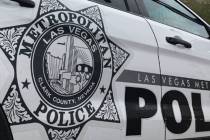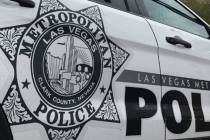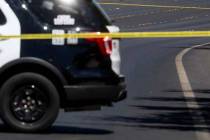Jeff Dion helps communities deal with mass casualty crimes like the Las Vegas Shooting
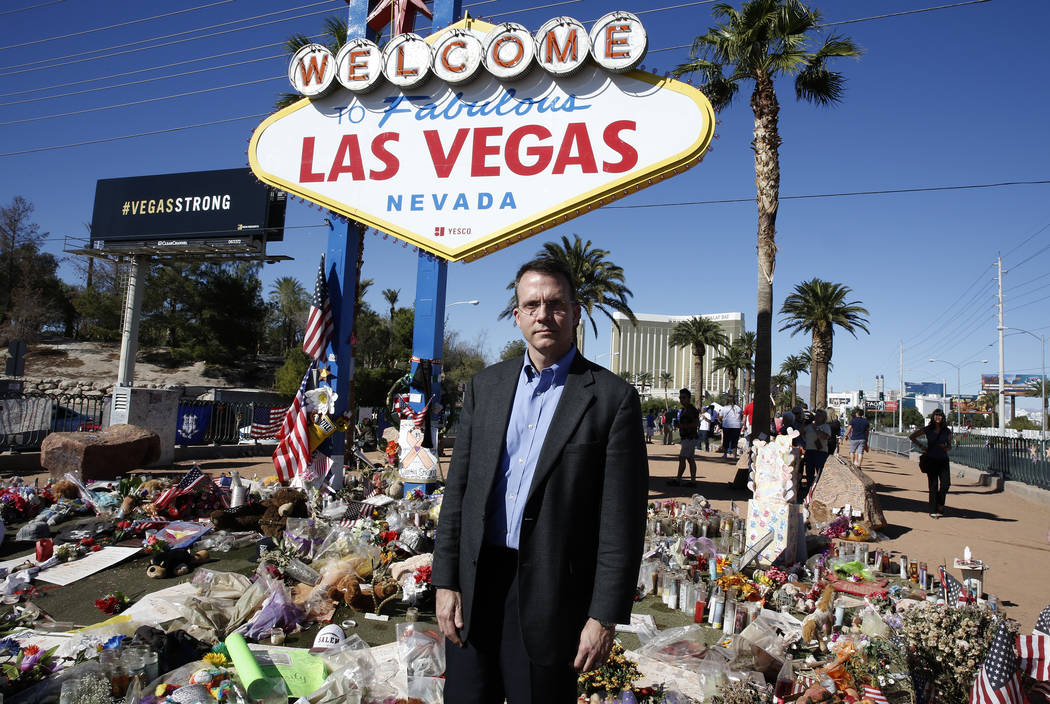
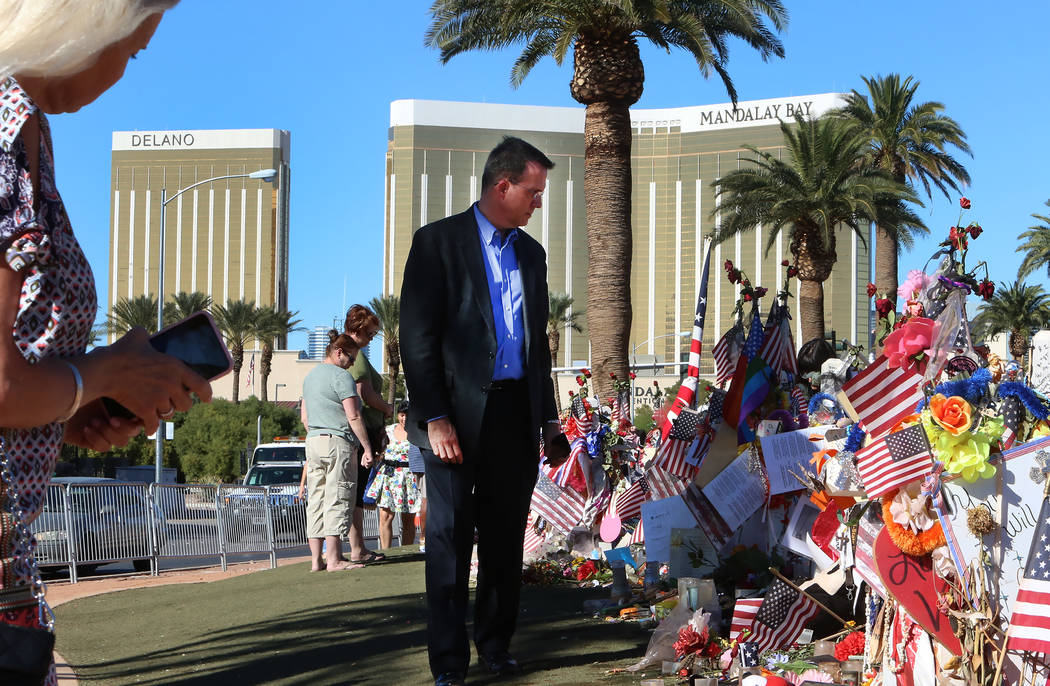

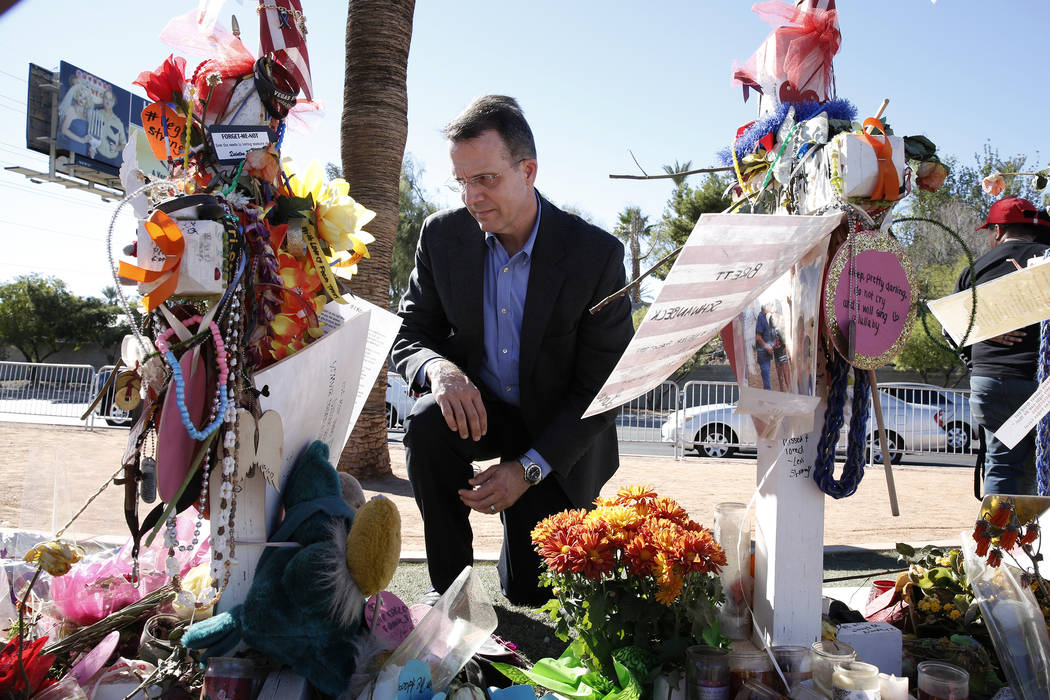
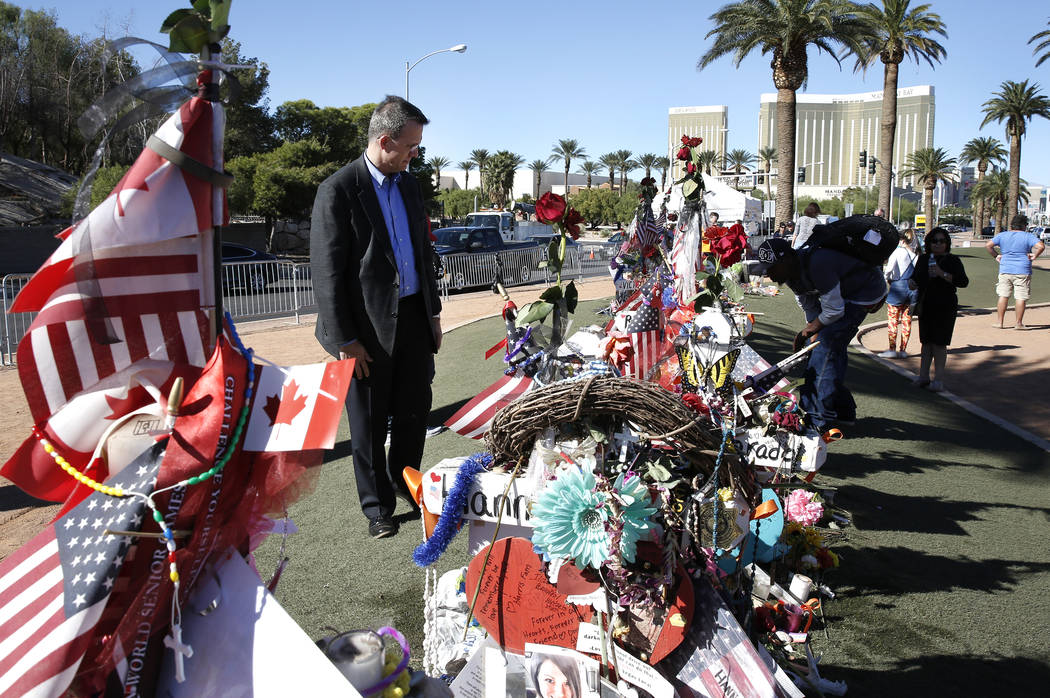
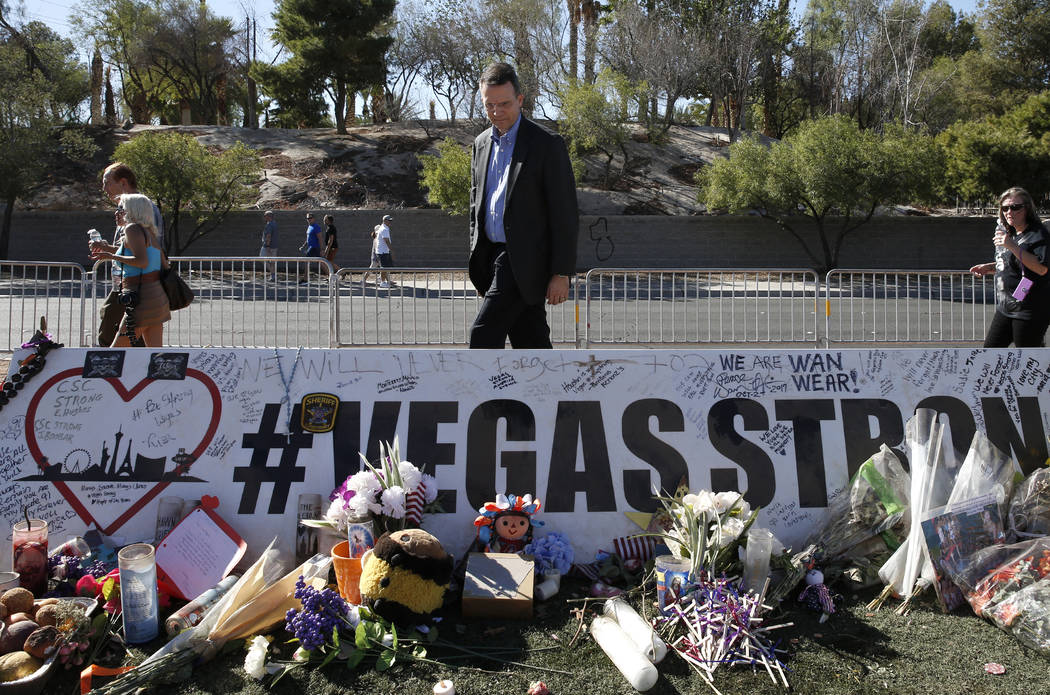
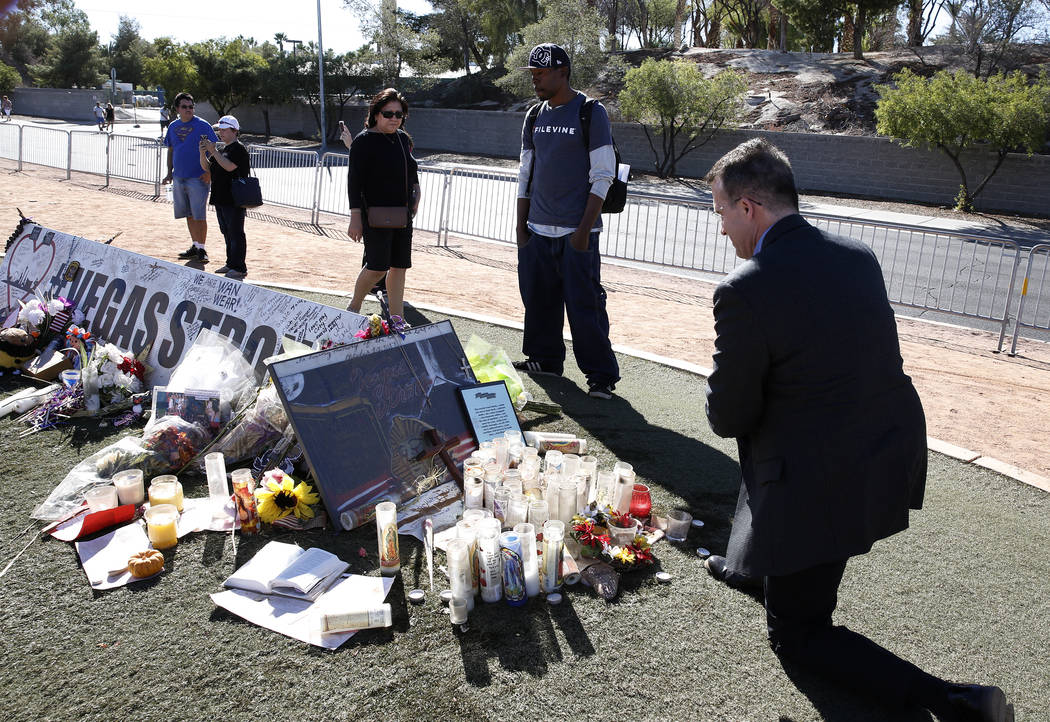

Wherever there is a mass casualty crime, you’ll probably find Jeff Dion on the scene just about immediately after — just as he was in Las Vegas on Oct. 5, four days after the Oct. 1 shooting.
About 12 hours after the shooting, Dion, deputy director of the National Center for Victims of Crime, emailed Clark County Manager Yolanda King, offering assistance and letting her know about the nonprofit organization and its National Compassion Fund program.
Dion, 50, has helped communities to deal with the logistical aftershocks of crimes including shootings and intentional motor vehicle attacks since 2012, when survivors of the movie theater shooting in Aurora, Colorado, asked for help.
“Funds were being collected under the guise of helping victims directly, but the money was actually being distributed to other nonprofits,” said Caren Teves, whose son Alex Teves was killed in the attack.
Survivors wanted Dion to set up a fund for them, he said.
“And I said, ‘Well, rather than just set up a fund for you, what if we put an infrastructure in place? When of these things happen we can flip a switch, we can start accepting contributions from the general public and we can make sure that 100 percent of that money goes to victims.’”
A fund was formed
The National Compassion Fund was formed — an organized, transparent way to collect money for victims and to make sure that 100 percent of that money gets to its intended recipients.
Though Dion joined the National Center for Victims of Crime in 1998, Dion began advocating for victims at 14 years old in 1982, when his 23-year-old sister, Paulette, was murdered by a serial killer in Atlanta just three weeks after moving there to begin a new job.
“In 1982, the victims rights movement was just beginning,” he said. “I wanted to get information from the police, and I couldn’t get it. But part of the whole reason why I became a lawyer was to honor my sister’s memory and fight for justice on behalf for victims.”
He used his schooling at the George Mason University School of Law in Arlington, Virginia, to lobby the Virginia General Assembly, resulting in 13 victims’ rights bills being enacted into law. These statutes established a victim’s right to be present in the courtroom, the right to offer oral impact testimony at sentencing, the right to confer with the prosecutor, a civil cause of action for stalking, an expanded civil statute of limitations for victims, and an expanded legal definition of “victim.”
In the aftermath of 9/11, Dion worked with more than 1,500 victims and surviving family members to help them understand their rights, and he helped train more than 2,000 attorneys on the dynamics of victimization and understanding the special needs of survivors.
Lessons learned
After each tragedy, new lessons are learned, Dion said, but there’s always one thing front and center.
“Communities need to make plans for this ahead of time, so that when it happens there’s a plan in place and you can execute the plan. You don’t spend three or four weeks saying, ‘How do we do this? Do we need to set up a 501(c)(3)? Who can appoint this committee?’ If you figure this stuff out ahead of time then it moves smoother.”
Dion said he is working with communities all around the country to help set up such an infrastructure before it’s needed.
“I get up every day, and know without any doubt that this is what I’m supposed to be doing.”
Dion will be helping to run the town hall meetings Tuesday intended for victims and survivors of the Las Vegas shooting to give feedback on the proposed guidelines for the distribution of Las Vegas shooting donations.
Contact Nicole Raz at nraz@reviewjournal.com or 702-380-4512. Follow @JournalistNikki on Twitter.



